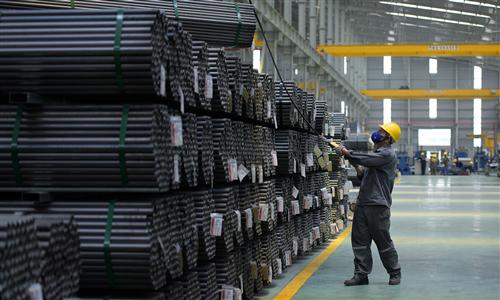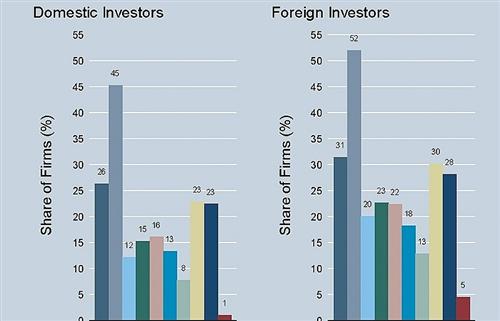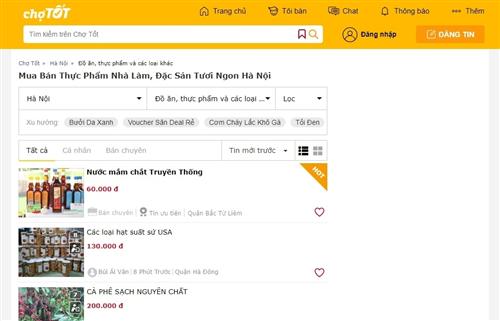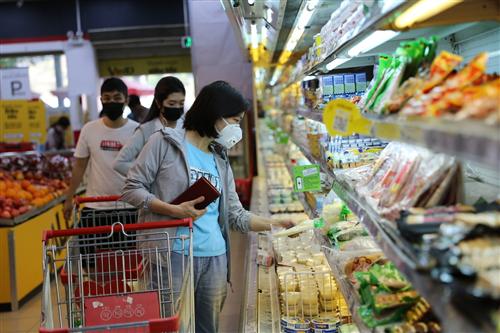MoIT to help local firms cope with trade remedies
MoIT to help local firms cope with trade remedies
The Ministry of Industry and Trade (MoIT) is planning to increase the number of training courses it organises on trade remedies for the domestic production industry. 
The idea is to improve the ability of domestic producers to cope with the application of trade defence measures on the global market.
At the same time, the ministry will also provide information about current trade remedies for domestic associations and production industries. This will include guidance on using or dealing with trade remedies for key industries such as steel, wood, seafood, chemicals, textiles and support industries.
The ministry will also build an electronic portal to provide early warnings about trade remedies, while looking at how these industries deal with trade remedy lawsuits.
In addition, it will simplify the implementation of regulations on trade remedies to help Viet Nam join the EU-Viet Nam free trade agreement (EVFTA).
The implementation of these solutions in the coming years is expected to help domestic production industries and enterprises, especially small and medium sized ones, to have clear information about trade remedies so they can improve the efficiency of their international economic integration.
Le Trieu Dung, general director of the Ministry of Trade and Industry’s Trade Remedies Authority of Viet Nam, said for FTAs with very high tariff reduction levels such as the EVFTA, there would certainly be high competitive pressure and challenges for Vietnamese enterprises.
Most trade remedies in the EVFTA are based on the World Trade Organisation (WTO) rules.
In addition, the EVFTA included principles that suited Viet Nam's legal system. That would help Viet Nam's production industries and businesses to adopt legal trade remedy tools and ensure economic efficiency when the country joined the EVFTA, Dung said,
“Vietnamese businesses need to have clear knowledge about the commitments and provisions on trade remedies in the EVFTA to take advantage of opportunities and benefits from the agreement and to protect their interests,” Dung told Thoi bao Tai chinh (Financial Times) newspaper.
In addition, they needed to regularly monitor and study early warnings for trade remedies to take suitable actions to deal with them, he said.
According to the Ministry of Industry and Trade, some sectors with large export volumes such as agricultural products, fisheries, textiles, footwear, iron and steel may be at higher risk of facing trade remedies.
Trade remedies such as anti-dumping, anti-subsidy and safeguarding measures are important legal tools that protect local industries and enterprises, especially when tariff barriers are removed under international commitments.


























